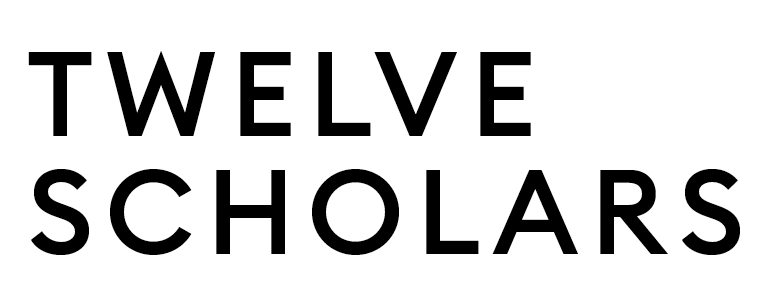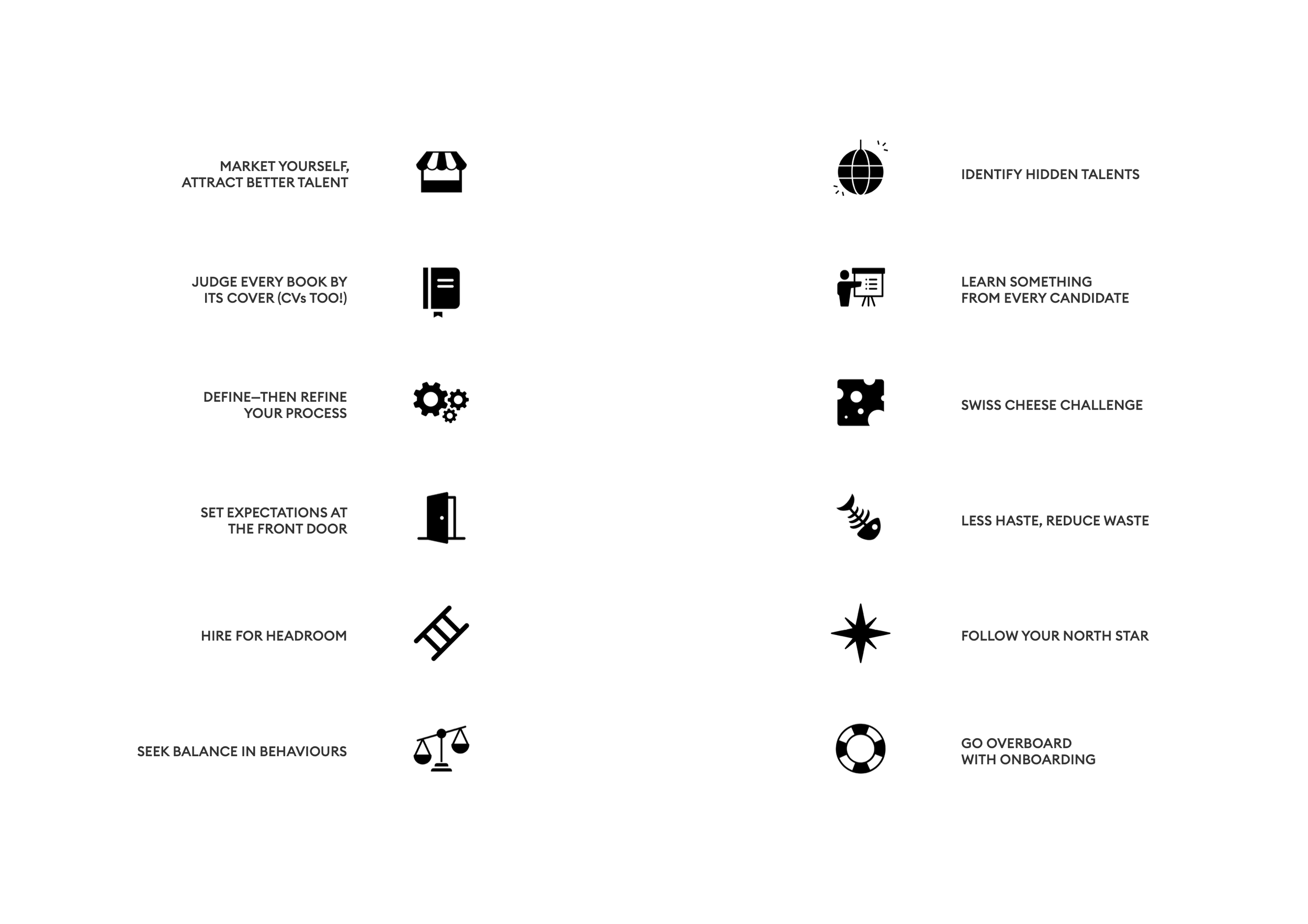Why Excellence Matters
Excellence is not perfection.
It is not elitism.
It is not image.
Excellence is the discipline of doing what the situation requires, even when:
it is uncomfortable
it is unpopular
it exposes weakness
it demands more than planned
When leaders default to Excellence, organisations improve.
When they do not, mediocrity becomes normal—and then invisible.
Twelve Scholars exists to make Excellence visible again.
To name it.
To require it.
To form leaders who can uphold it when it costs them something.
12 principles — A manifesto
Twelve Principles for Twelve Scholars.
Excellence is our standard.
Not an aspiration — a daily practice.Leadership is a craft.
Strengthened through discipline, reflection, and deliberate action.Character comes first.
Skill matters; integrity decides everything.Clarity beats complexity.
Great leaders make things simpler, not louder.Progress happens in degree.
Small, consistent improvements create meaningful change.Work should stand the test of time.
Depth over speed. Substance over show.Responsibility is non-negotiable.
Leaders earn trust through the standards they uphold.Attention is a superpower.
Leaders who truly observe, listen, and notice make better decisions.Discipline creates freedom.
The right habits remove friction, sharpen focus, and enable better work.Conversation shapes culture.
Every interaction moves a team forward — or backwards.Consistency builds credibility.
People trust what leaders repeat, not what they occasionally declare.Leadership begins with you.
Before you lead organisations, you must master leading yourself.
Professional values
It helps to have your values written down—even better when cast in concrete.
Visiting SDA Bocconi School of Management this week in Milan. And it’s the little things that have got my attention.
For instance, take this concrete installation. Poetario (2021) by Giorgio Milani is a six-metre-wide circular installation made of black and white concrete blocks at the entrance of SDA Bocconi.
Its black blocks spell out a statement on the School’s mission—balancing professional preparation with critical reflection toward fairer institutions.
The white blocks, scattered with lone letters, create pauses for contemplation, embodying the dialogue between structure and thought.
Commissioned for the School’s 50th anniversary, it materializes SDA Bocconi’s founding manifesto in enduring form—a space where management, culture, and reflection meet.
Always learning. Thank you Milan, xx
Sculpture and culture
Interesting things attract interesting people.
It’s not on everyone’s checklist when applying to a business—or business school. But a little bit of culture goes a long way when setting the tone of an established.
For example, take this bronze sculpture at SDA Bocconi in Milan. It stands at 5m tall. Perfectly polished on the outside. Subtle and simple. Yet wildly complex on the inside. You help not be drawn to this sculpture.
What have you got going on in your campus?
Small and beautiful
Small things can have a powerful impact—on people’s lives and society in the broadest sense.
Take this Fiat 500 for example. Who’d have thought it would inspire a generation and be a symbol of a nation. And then redefine a new professional generation decades later.
Inspire, be inspired.
Thank you Milan, xx
Learning to juggle
How do the world’s best leaders juggle multiple projects?
Historically, I’ve been a self-confessed single tasker. Give me one task and I’ll do it well—exceptionally well. But give me multiple tasks and I’d often struggle.
I admire people who can seamlessly juggle multiple programmes, projects and work streams. Leaders who exceed expectations—on multiple fronts. But how do they do it?
I believe it starts by mastering one project at a time, then standardise the methodology. Before adding one more project, then refining the process. Rinse and repeat.
If you’re working on multiple projects, each with a different methodology, nomenclature and structure, then you’re always going to struggle. Cognitive switching costs run high. Mistakes will be made. Stakeholder expections are not aligned.
Before your next project, ask yourself what can be simplified, reduced or removed from the process.
Avoiding derailers
Even with the best will in the world, leaders often get derailed.
A lack of preparation, unforeseen events, kowtowing to the last person who entered the room. We’ve all been there. So how do you avoid getting derailed in the first place?
Here’s a starter for 12:
Set clear daily priorities
Review your priorities throughout the day (shift happens)
Use focused blocks of time (FBOTs)
Set a deadline—with consequences
Physically or digitally “close the door”
Communicate boundaries early
Batch communication
Have a quick recovery ritual (make a brew, go for a walk…)
Limit micro distractions
Track your triggers—notice when you get derailed
Protect your energy
End each day with a reset
I’m currently using a combination of the above to help. And one of the biggest helps is to switch off all alerts and batch communication. This allows to maximise the FBOTs—with deadlines.
How do you avoid detailers? And what are you currently working on?
Your customer’s customer
How often do you jump to conclusions, go straight to the solution, without defining what the problem actually is?
This happens a lot.
You could call it ‘show-jumping’. Wanting to impress others by appearing to have the answer. But seldom does this work.
Instead, you should be challenge yourself—and your customer—to really understand the problem first. Put yourself in the their shoes. What do they really want?
Only when you fully understand your customer’s customers expectations can you start to fully develop an elegant (simple) solution.
Neverending
When does Excellence ever stop?
Well, if you’re prepared to step up and make a difference, then the answer is never.
But sometimes—you need to realise when enough is enough.
Put limits on yourself. Set boundaries. Go home. Start again tomorrow.
Undersized curtains
It’s often the little things that make a difference.
Like the width of you shower curtain. Not only do you need to tuck in the corners. But it also helps if they’re the right size to fill the gaps.
Last weekend, I checking into a hotel in Milan. Interesting the only things I could fault were the following:
Undersized shower curtains. They were the exact same width as the gap between two walls. And left gaping gaps when the curtain was touched mid-shower—causing much water on floor. Cost cutting taken one step too far. Instead, they should have measured 33%-50% bigger than the gap. And then they’d have fitted, perfectly.
Poor quality toilet paper that disintegrated in your hands. Another sure sign on costing. And thus lowering the experience of any hotel guest.
What’s the key lesson?
Be care what you measure. And if you’re going to measure things, make sure you think about measuring the right things.
Tucking in the shower curtain
What does Excellence mean to you?
Tom Peters often talks about the time he met Conrad Hilton. At a gala celebrating his life, he was asked, “What was the most important lesson you’ve learned in your long and distinguished career?” His reply was, “Remember to tuck the shower curtain inside the bathtub.”
Paying attention to detail makes all the difference when we’re trying to achieve Excellence. When we miss the little things, we miss the opportunity to achieve excellence—we fall just short of it.
What is your version of this? What shower curtain do you need to tuck in?
Pushing through
Excellence is hunkering down, doing what needs to be done and getting results the other side.
Sometimes you just need to get the work done. No excuses. Unplug from all distractions. Focus on the task in hand. And this was the story of my weekend.
A couple of all nighters. Delivering the goods. And it worked. Having been through the car crash that was last week. Today, was a step changes of improvement. What a difference a weekend can make!
Mirror on the wall
Excellence is having an honest conversation with yourself. And then doing something about it.
Every now and then, I’ll have a car crash of a meeting. You’ll have been there too.
Something doesn’t work. Technology failure. Mismatched expectations. There’s a sense of uncomfortableness in the room (and online). Almost embarrassing. But you limp through. The end can’t come quick enough.
Yes, this is poor.
But the tragedy is that too many people think it is satisfactory. They believe it’s acceptable. And do nothing to prevent it from happening next time.
There’s a fine line between success and failure. But the first step is to take responsibility.
Be accountable. Help others too. Use that mirror on the wall. Reflect on your experience. But don’t dwell too much. Take action. Make Excellence your mission.
Risky business
Excellence is the low risk option. Always.
“Risk comes from not knowing what you’re doing.” — Warren Buffett
Recruiting talent
Excellence is recruiting and retaining top talent.
How do you recruit talent? It’s not easy—but can be made simple.
You’ll have had experiences where recruitment has been poor. You’ll have examples when recruitment has been satisfactory. You’ll have worked with good new colleagues. And if you’re lucky, you’ll have witnessed new hires that are excellent.
So how do you find excellent new hires that want to stick around?
Over the years, I’ve developed 12 guiding principles.
Market yourself, attract better talent
Judge every book by its cover (CVs too)
Define—then refine your process
Set expectations at the front door
Hire for headroom
Seek balance in behaviours
Identify hidden talents
Learn something from every candidate
Swiss cheese challenge
Less haste, reduce waste
Follow your North Star
God overboard with onboarding
What are your guiding principles for recruiting talent?
Alt-EGSP
Four words that will define TWELVE SCHOLARS.
Excellence → signals mission and high standards.
Growth → reflects leadership development and organisational impact.
Strategy → emphasises expert, insight-driven advisory.
Performance → measurable, step-change results for clients.
And according to ChatGPT—they’re clean, authoritative, and measurable; classic executive tone.
Bin-flu-enc-er
Leadership can happen anywhere—not just at work.
Like many, I’m never really sure what day bin day is.
Or whether it’s a general bin day or a specific recycling bin day.
And I always wait for others to take the lead.
Bin-flu-enc-er (noun) — The person on your street who always puts their wheelie bins out first on bin day and the rest of the neighbours follow.
—
Thank you Tony—and thanks for putting mine away every fortnight!
Coffee and catch up
Excellence is making time for other people. When was the last time you had a coffee and chin wag with an ex-colleague?
I’ve just had a lovely latte with an old friend of mine—her husband, daughter and granddaughter. 45 minutes. A quick catch up. And long overdue.
We checked in on work, work colleagues and local walks. (It turns out that we’ve both been doing similar step count challenge this year!)
We always learn something new and help each other out, in some small, hidden and useful way.
Thanks Karen. Always learning, xx
Shifting gears
How fast can you and your team travel?
How long does it take to move from gear 1 through to gears 3, 4 and 5? Or do you stutter and stall when moving from gear 1 to 2?
The ability to change gears—fast—and without issue—is a powerful sign of agile leadership.
You anticipate the call. You’re ready to change. You’ve done this before—and know what to expect.
When shifting gears—on a bicycle or in a car—sometimes the best option is to rapidly move up or down.
How are you currently shifting gears?
Extreme focus
When happens when you have more than one priority?
Far too often, people are guilty doing too many things (—badly).
People rush in order to get things done. Lack the attention to detail. Copy and paste—copying errors. Write too many words. Avoid structure. Ignore critical thinking.
And the results show.
I’ve always enjoyed the proverb, “If you chase two rabbits, you catch neither one.” But this takes discipline.




